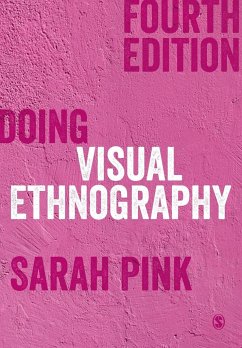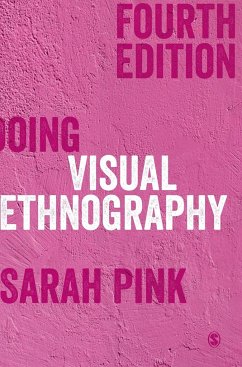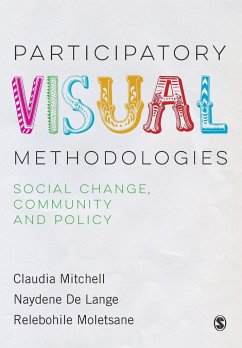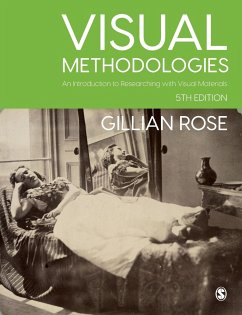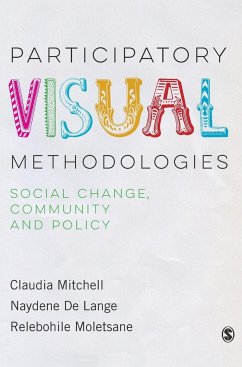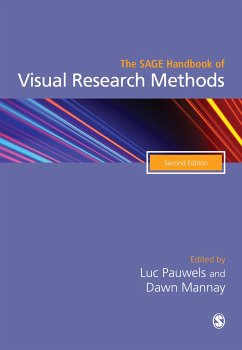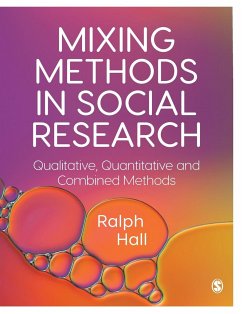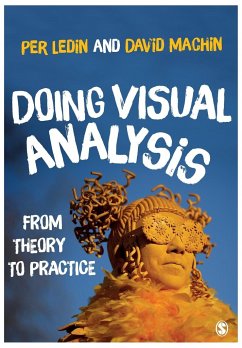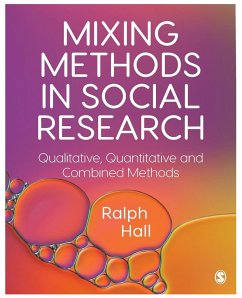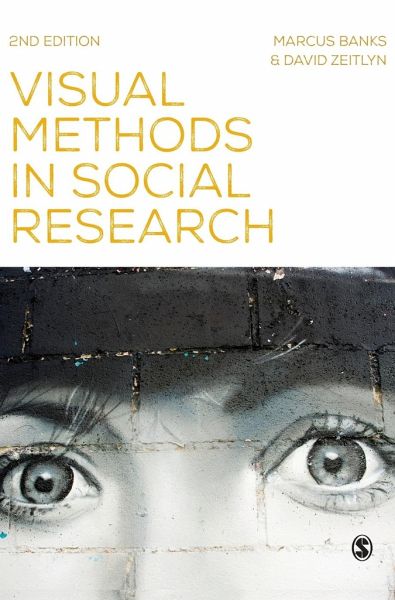
Visual Methods in Social Research
Versandkostenfrei!
Versandfertig in 6-10 Tagen
113,99 €
inkl. MwSt.
Weitere Ausgaben:

PAYBACK Punkte
57 °P sammeln!
The Second Edition of this popular text confirms the book s status as an important forerunner in the field of visual methods.Combining the theoretical, practical and technical the authors discuss changing technologies, the role of the internet and the impact of social media. Presenting an interdisciplinary guide to visual methods they explore both the creation and interpretation of visual images and their use within different methodological approaches.This clear, articulate book is full of practical tips on publishing and presenting the results of visual research and how to use film and photog...
The Second Edition of this popular text confirms the book s status as an important forerunner in the field of visual methods.
Combining the theoretical, practical and technical the authors discuss changing technologies, the role of the internet and the impact of social media. Presenting an interdisciplinary guide to visual methods they explore both the creation and interpretation of visual images and their use within different methodological approaches.
This clear, articulate book is full of practical tips on publishing and presenting the results of visual research and how to use film and photographic archives.
This book will be an indispensable guide for anyone using or creating visual images in their research.
Combining the theoretical, practical and technical the authors discuss changing technologies, the role of the internet and the impact of social media. Presenting an interdisciplinary guide to visual methods they explore both the creation and interpretation of visual images and their use within different methodological approaches.
This clear, articulate book is full of practical tips on publishing and presenting the results of visual research and how to use film and photographic archives.
This book will be an indispensable guide for anyone using or creating visual images in their research.





